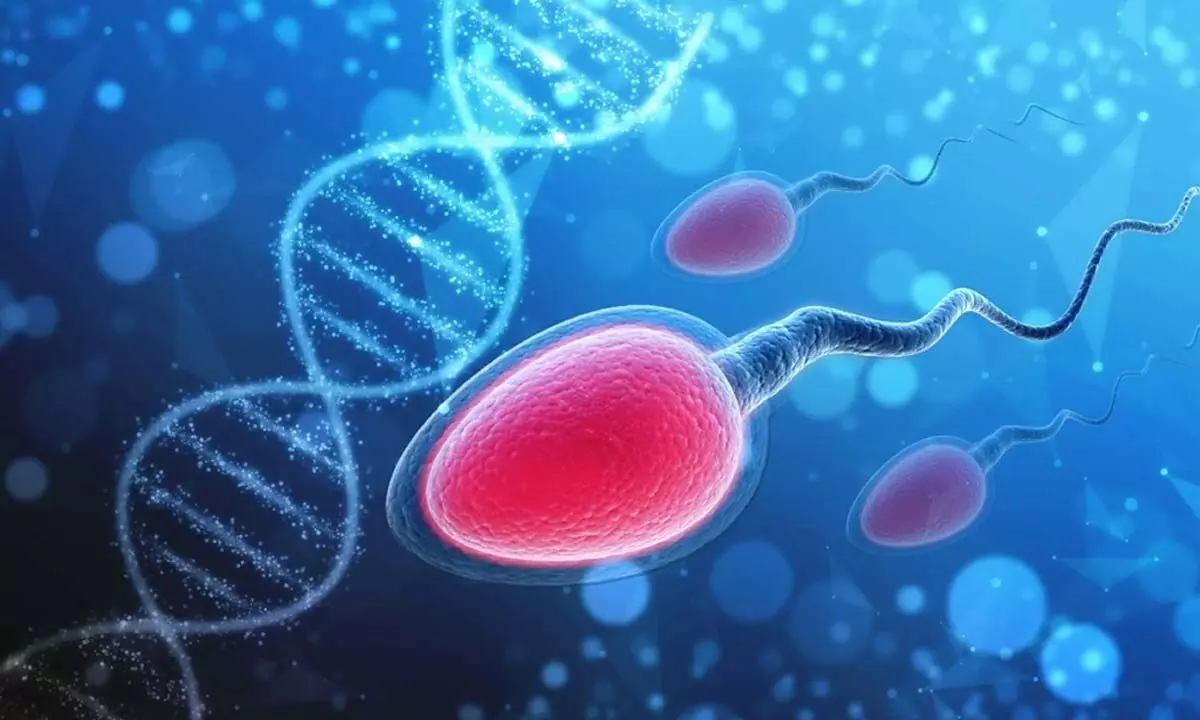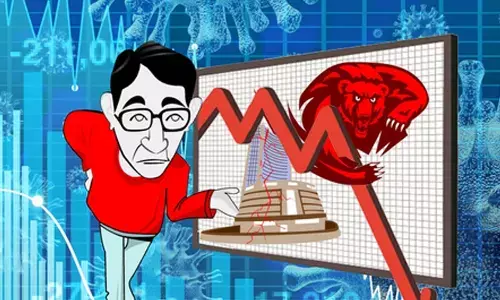Covishield vaccine not detrimental to male fertility potential

Covishield vaccine not detrimental to male fertility potential
For the first time, in a pilot study, a team of Indian fertility experts at Kasturba Medical College, Manipal, looked into changes in sperm quality in men who received Covishield vaccines.For the first time, in a pilot study, a team of Indian fertility experts at Kasturba Medical College, Manipal, looked into changes in sperm quality in men who received Covishield vaccines.
Bengaluru: A team of Indian fertility researchers at Kasturba Medical College, Manipal who looked into changes in sperm quality in vaccinated individuals found that their fertility was unaffected. Concern about fertility impairment after vaccination is one of the reasons for vaccine hesitancy in the population. Some men have delayed taking the COVID vaccine thinking that it would have a negative impact on their fertility and the quality of their sperm.
The research team managed to recruit 53 men who provided semen samples prior to receiving the first dose of their vaccine, after observing 2 to 7 days of abstinence. After about two months of vaccination, sperm quality was again assessed. Those who had tested positive for COVID-19 or had symptoms of the same were not included in the study. The study was reported in the official journal of UK-based Society for Reproduction and Fertility. Of the 53 subjects who received two doses of vaccine, about half of them had semen quality below the WHO recommended value prior to vaccination which did not alter significantly post-vaccination. No significant changes in the semen characteristics were observed between baseline and follow-up samples in men who received two doses of the vaccine.
Speaking about the study Lt. Gen. (Dr) M.D Venkatesh, Vice Chancellor of Manipal Academy of Higher Education said "This is a significant step forward towards reassuring the safety of COVID vaccines which is commonly used in India. It will help in dispelling any myths associated and remove any apprehensions men may have regarding the vaccine safety"
Professor Sharath Rao, the Dean of Kasturba Medical College echoed the sentiments saying "It is obviously a wise option to get vaccinated than suffer from the complications of a COVID-19 infection. A study like this can help in reassuring people and remove any doubts they may have on whether to get vaccinated'' "Our initial observation has demonstrated that Covishield is not detrimental to sperm fertility potential. Importantly, no true semen abnormalities such as azoospermia (complete lack of sperm), absolute asthenozoospermia (loss of motility), and teratozoospermia (altered sperm structure) were found even in a single study subject who received the vaccine'' said Professor Satish Adiga, who lead the team that included Huidrom Yaiphaba Meitei, Shubhashree Uppangala, Vani Lakshmi and Guruprasad Kalthur.
"This study is the first to report clinical outcomes on sperm parameters in men before and after receiving Covishield vaccine. The results highlight no negative effect and no reason for concern. The study presents a milestone to disprove that vaccinations have negative impact on male fertility" said Professor Stefan Schlatt, a member of WHO team which formulated the guidelines for semen analysis and the Director of the Centre of Reproductive Medicine and Andrology in Germany.
"This study provides prima facie evidence that vaccines against COVID19 do not adversely affect the semen quality. The study is really important, especially in the Indian context and also in terms of generating much-needed evidence to demonstrate that non-mRNA-based vaccines are also safe as these vaccines don't adversely affect the reproductive potential of men.
This evidence should dispel any fears among those men who are still hesitant to get vaccinated" said Dr Geetanjali Sachdeva, Director of NIRRCH, which is the top organization for research in reproductive and child health of Indian Council for Medical Research (ICMR).











